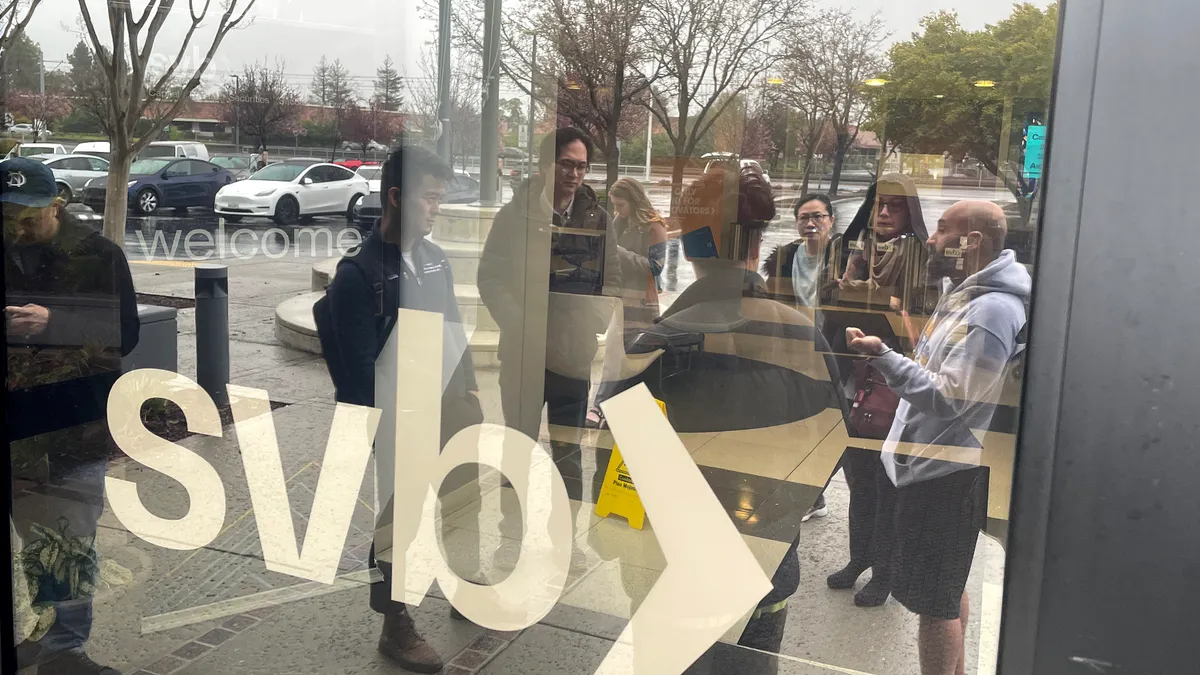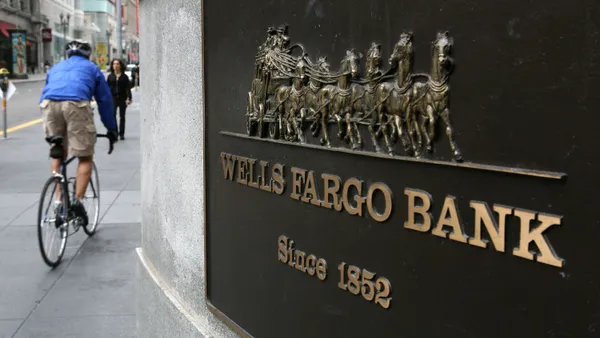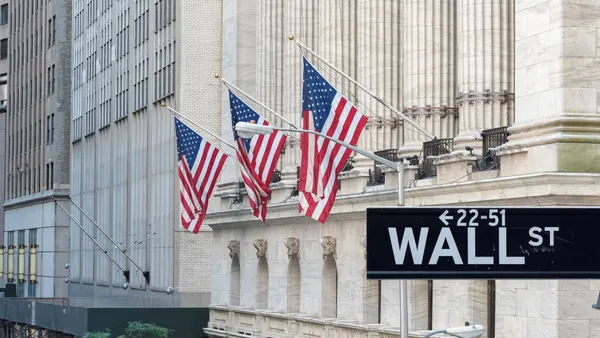The Federal Deposit Insurance Corp. has sued 17 former executives and board directors of Silicon Valley Bank for alleged negligence and breach of fiduciary duty, which led to the lender's collapse in March 2023 before the agency stepped in as its receiver.
The lawsuit, filed Thursday in a U.S. district court in California, seeks to recover billions of dollars in damages caused by SVB’s former leadership team. The defendants allegedly failed to manage interest rate and liquidity risks during the two years before the bank’s collapse.
“SVB represents a case of egregious mismanagement of interest-rate and liquidity risks by the Bank’s former officers and directors,” the FDIC said in the complaint, highlighting that the bank “ignored fundamental standards of prudent banking and SVB’s own risk policies in pursuit of short-term profit” for SVB Financial Group, the parent company.
In December 2022, just months before SVB's collapse, the agency noted that five officers and 10 directors approved a “grossly imprudent $294 million” dividend payment to the parent company, SVBFG. The complaint highlighted that the dividend “deprived SVB of essential capital and liquidity, for the sole benefit of SVBFG and its shareholders, at a time when SVB was in financial distress.”
The lawsuit names 11 directors and six officers as defendants, including former CEO Gregory Becker, former CFO Daniel Beck and former chief risk officer Laura Izurieta, whom the FDIC asserts repeatedly ignored red flags, including violations of the bank’s internal risk models, as interest rates rose.
Lawyers for Izurieta said it was “outrageous” to name her as a defendant because she offered sound risk management advice before leaving the company in April 2022.
“Their actions are reflective of outgoing FDIC leadership that is not interested in the truth,” Izurieta’s lawyers told Reuters.
Lawyers for the other defendants did not immediately respond to requests for comment to Reuters. Becker’s lawyer was traveling Thursday and could not comment, a spokesperson told the publication.
The FDIC noted mismanagement of the bank's held-to-maturity securities portfolio in 2021. The officers and directors pursued higher yields by heavily investing in long-term, unhedged securities despite obvious interest rate risks, ignoring recommended exposure limits, and repeatedly violating internal risk policies, the FDIC asserted. The officers manipulated risk model assumptions to mask policy breaches instead of addressing these issues, the agency said.
FDIC Chair Martin Gruenberg, in a December memo, said the agency’s board was considering a request for authority to sue six former officers and 11 former directors of SVB to hold them accountable for their mismanagement of the bank’s investment portfolio that “exposed SVB to significant risks, caused SVB to incur billions of dollars in losses, and resulted in a loss to the Deposit Insurance Fund currently estimated at $23 billion.”
The FDIC complaint comes nearly two years after SVB's failure, the third-largest bank failure in U.S. history. SVB’s total assets more than tripled in three years – growing from less than $60 billion at the end of 2019 to $209 billion at the end of 2022. At that time, SVB noted in its call reports that 94% of its deposits were uninsured and the influx of deposits was largely invested in long-duration securities, the FDIC noted.














